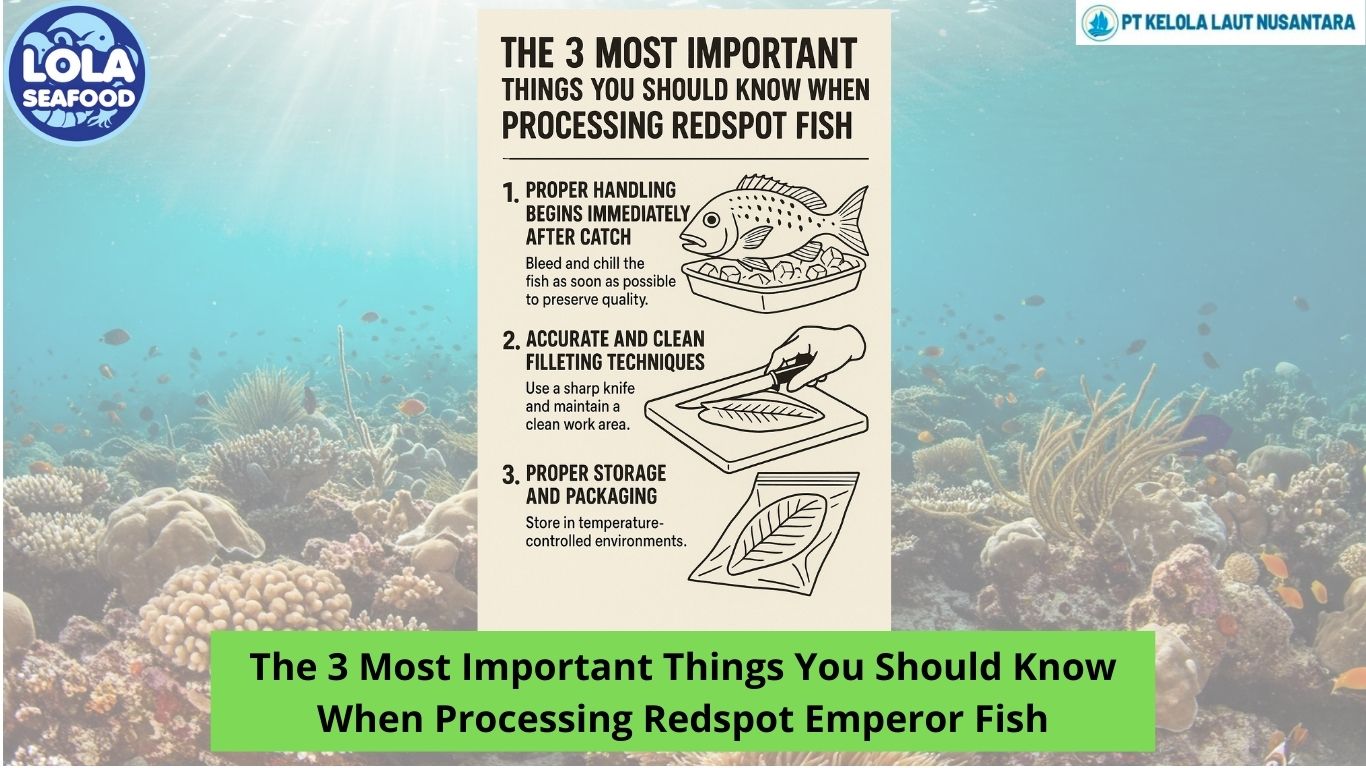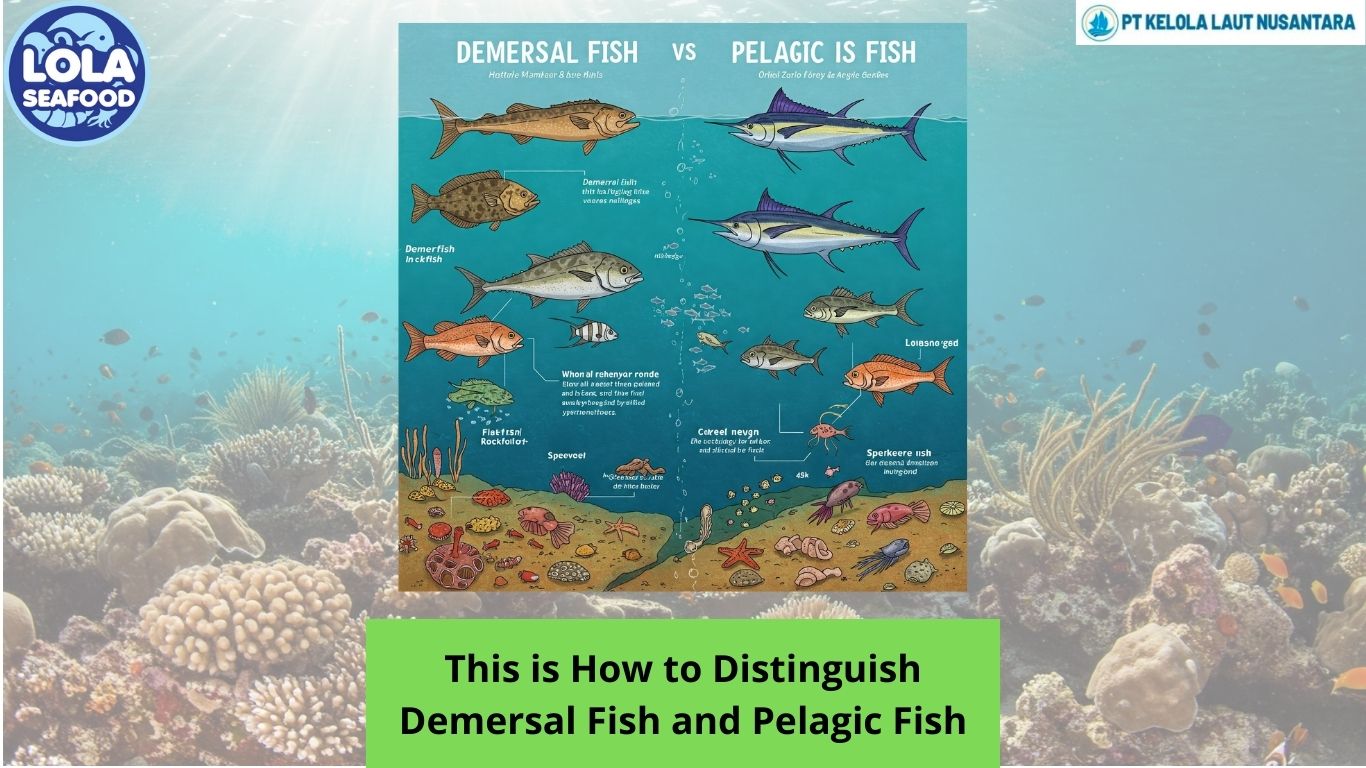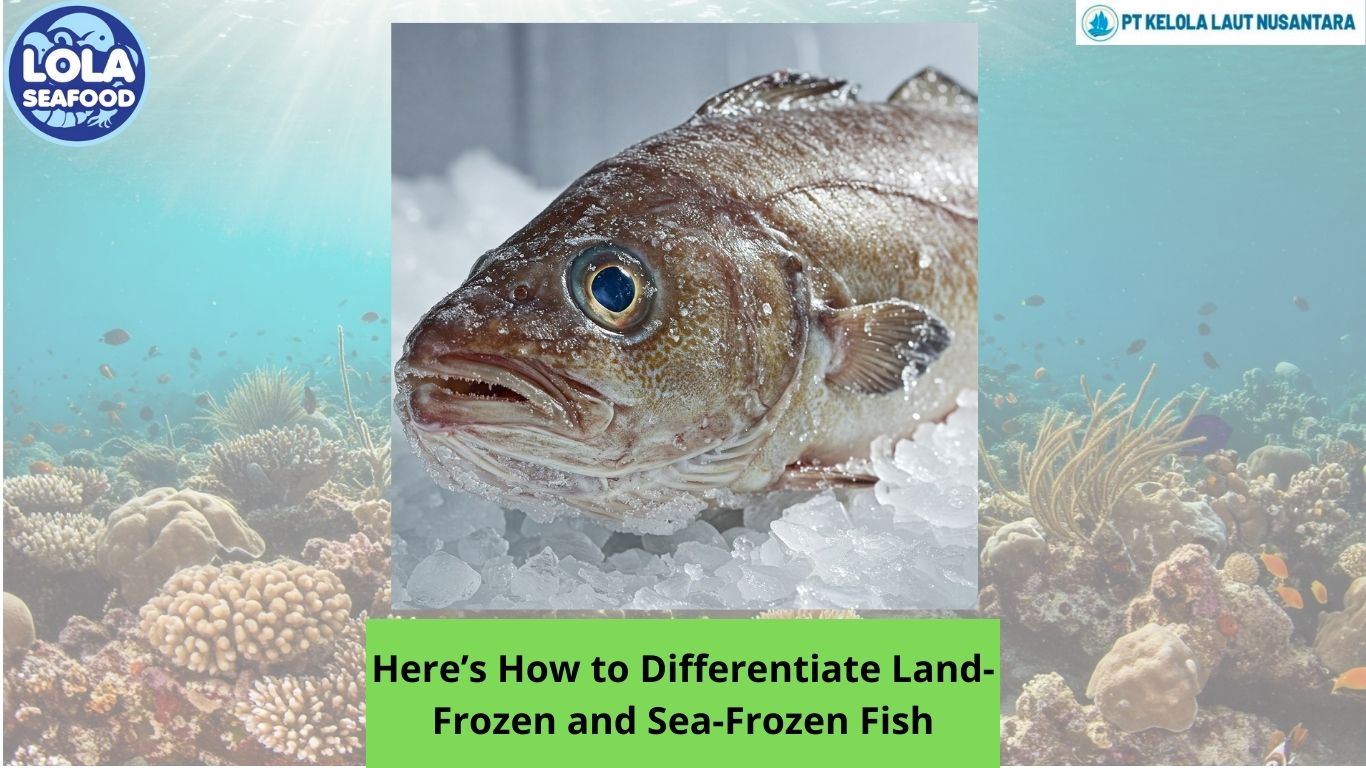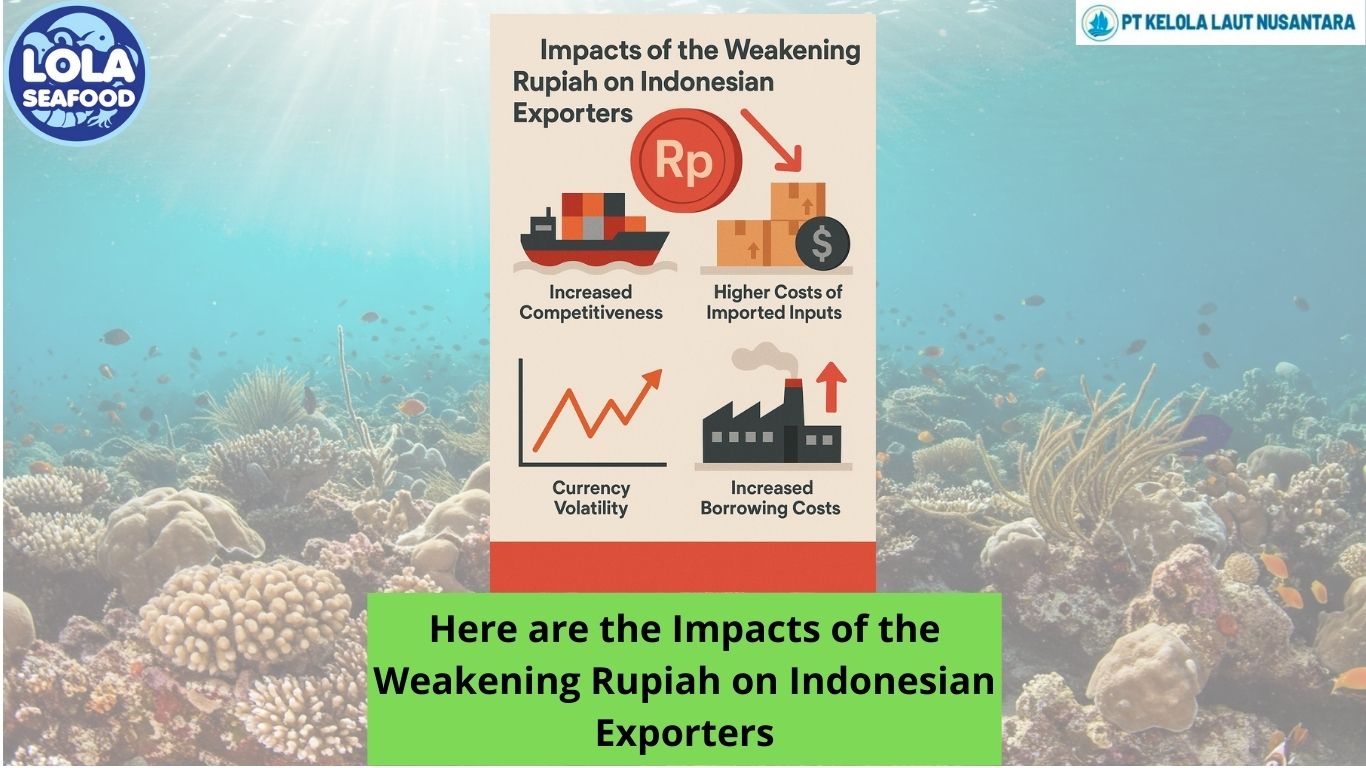Negative Impact and Importance of Wastewater Treatment Plants (WWTP) on the Fish Processing and Trading Industry
By. Najih - 02 Oct 2024 on the Fish Processing and Trading Industry.jpg)
Industrial waste can produce materials that are toxic to the environment, and have a negative impact on humans and the environment. Waste management aims to ensure that waste does not cause further damage to the environment. Wastewater that is not treated properly can pollute the water and damage the environment. Therefore, wastewater must be treated first before being discharged into the environment. Industrial liquid waste often causes environmental problems such as fish deaths, poisoning of humans and livestock, plankton deaths, and accumulation in fish meat and mollusks.
Dangers of waste pollution.
Wastewater pollution has many dangers for humans, animals, the environment and has negative impacts, such as:
1. Polluted wastewater can contain harmful bacteria, viruses, and chemicals that can cause various diseases.
2. Polluted wastewater can degrade water quality and make water unfit for consumption.
3. Wastewater pollution damages aquatic ecosystems and disrupts the lives of living things.
4. Polluted wastewater can damage infrastructure such as (sewage pipes and sewers). Causing damage to the surrounding environment, even affecting the quality of water flowing in the area.
5. Wastewater pollution can interfere with human activities, such as swimming, fishing, and doing other water sports. That way, the community's economy will also be disrupted.
An important function of the Wastewater Treatment Plant (WWTP).
Wastewater treatment plants (WWTP) have several important functions for industries engaged in fish processing and trading, including the following:
1. Treat wastewater before being discharged into the environment so as not to pollute the environment and meet the water quality standards that have been determined.
2. WWTP can reduce wastewater pollution from industry, so that it can maintain environmental health and water quality.
3. WWTP can also reduce unpleasant odours coming from wastewater so that it does not interfere with the comfort of the environment around the industrial area.
4. Reduce the risk of spreading diseases (to employees and the surrounding community) that comes from wastewater that is not treated properly.
5. WWTP can produce reusable water for irrigation and industrial purposes, so it can save water resources.
6. By treating wastewater, WWTP can minimize the negative impact of environmental pollution such as eutrophication and ecosystem damage.
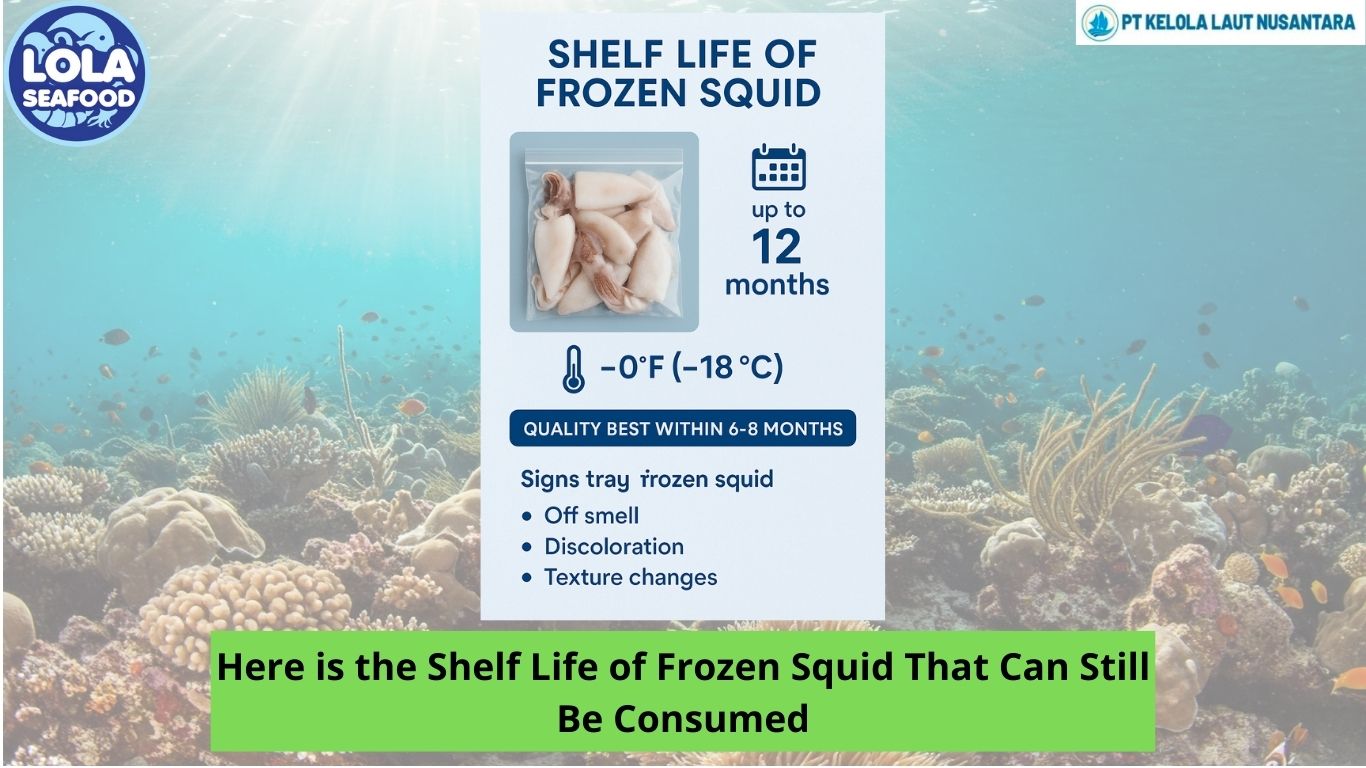
.jpg)
.jpg)
.jpg)
